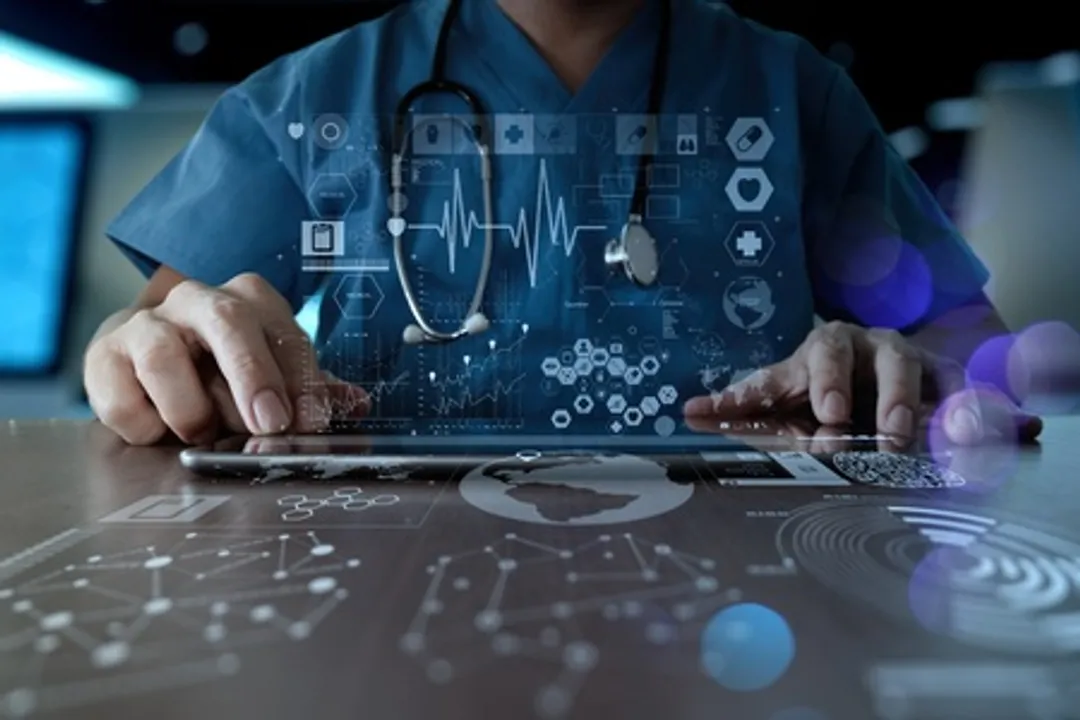Why Physicians Must Engage with Technology

everythingpossible/123RF.com
How would anyone feel if half of everything they learned turned out to be wrong? Early in my medical career, a mentor relayed a similar age-old sentiment.
"One-half of everything you learn in medical school will turn out to be wrong. You just have to be smart enough to figure out which half."
I'd like to assert that modern technology has made this statement obsolete. The pace of scientific advancement blended with medical practice gives the physician of today a wealth of tools and information never before available.
The cornerstone of history taking and physical exam has never been more important, but the integration of technology takes this to a level previously impossible. Physicians and health care professionals can and must embrace technology and here is why:
Patients Expect Physicians to be Up to Date With Technology
The rapid adoption of quantified self-wearables provides healthcare professionals access to a wide array of health metrics. This data is valuable for the individual patient as well as data collection on a grand scale. Current technology allows patients to take their EKG, check their oxygen saturation level, and continuously monitor their blood sugar. This data can be wirelessly transmitted anywhere. Sensor technology has evolved quickly and is now placed on the skin, in clothing, and on contact lenses. The market for sensors has long surpassed the $8 billion mark noted in 2012.
The face of chronic disease management radically changes when doctors can see in real time what is happening to their patients at home. Hard data improves the decision-making process and overall impact on a patient's care.
The Machines Are Coming - AI Will Impact Healthcare
Despite the fears brought by artificial intelligence detractors, AI and machine learning are powerful tools that will improve diagnostic accuracy. The accumulation of data combined with AI application will provide robust personal health recommendations tailored to individuals. Innovative companies are already at work using AI to improve the interpretation of imaging, diagnostic accuracy, and tumor detection. IBM's Watson, for example, has shown a 90% accuracy rate for detecting lung cancer. Human doctors given the same information scored around 40%.
Genetic Medicine
The cost of genetic sequencing has plummeted, and this information radically alters the approach to diseases and individualized medicine. Why treat a cancer with standard therapy when a tumor or particular patient's genetics indicate he or she won't respond to traditional treatment?
Next-generation sequencing allows physicians to act on genomic data and impact an individual's care at the bedside.
New drugs are expensive to develop, around $2.6 billion, according to a Tuft's study. The cost for individual patients and the healthcare system as a whole is enormous. The value in genetic testing allows physicians to know which drugs patients will or won't respond to or metabolize properly. This knowledge is vastly important for safety, efficacy, and cost reasons.
It's Plain Fun
Twenty-two years ago, a group of medical students was given the option of learning HTML coding vs. completing a group project in the dark corner of an old medical school building. Only a handful chose to learn to code over the following nine months. I'm forever thankful that I was one of those who embraced this opportunity and all those that followed since. I am also grateful to Dr. William Mann, the mentor who guided us in learning to code and opened our eyes to the power of melding medicine and technology.
Further reading and reference:
http://www.wired.co.uk/article/ibm-watson-medical-doctor
https://www.healthcatalyst.com/data-mining-in-healthcare
https://genomemedicine.biomedcentral.com/articles/10.1186/s13073-015-0203-x
https://www.mskcc.org/blog/new-tumor-sequencing-test-will-bring-personalized-treatment-options-more-patients
http://hitconsultant.net/2015/04/22/11-startups-building-the-next-generation-of-medical-sensors/
Related Posts
